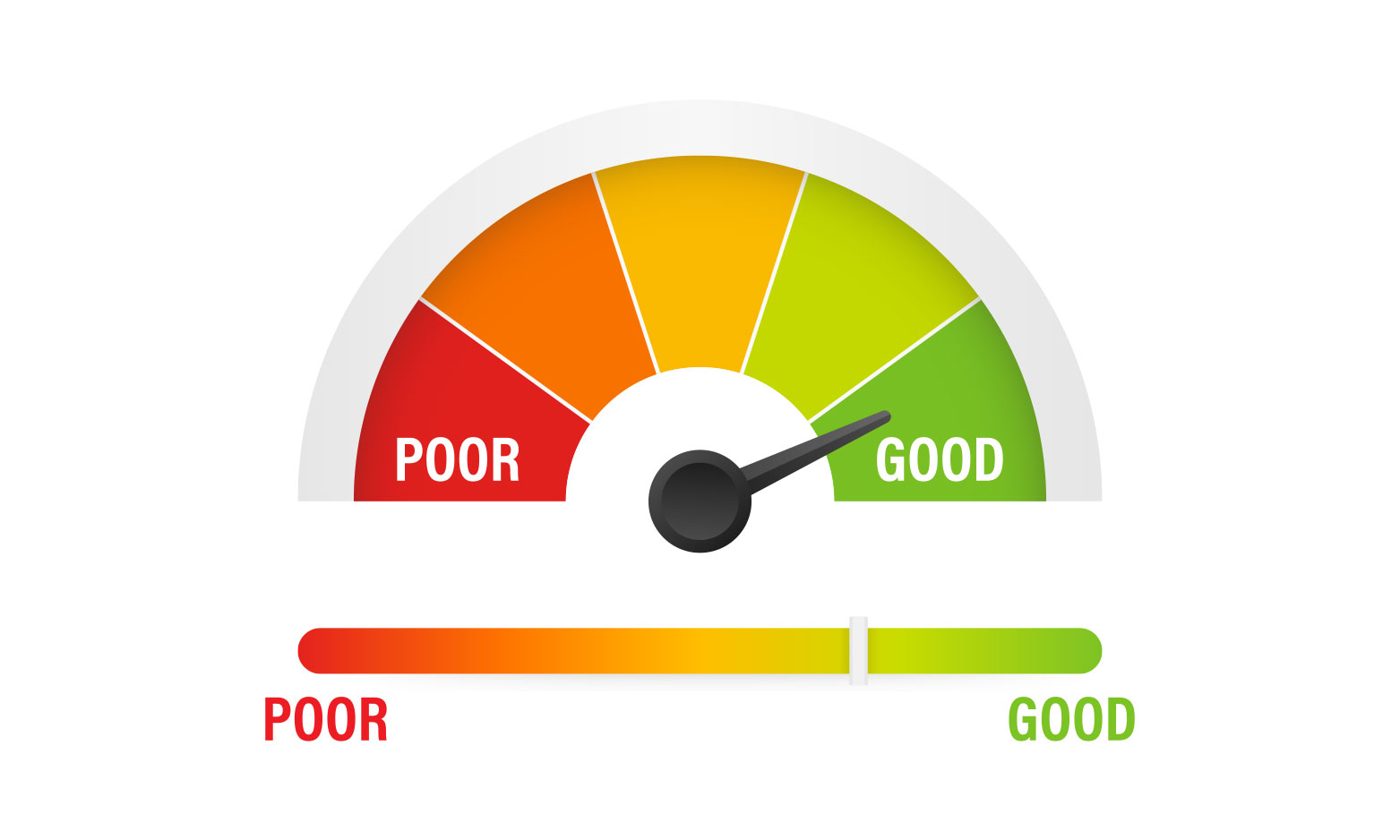What affects your Credit Score

5 Factors That Can Affect Your Credit Score
In the recent past, the Indian economy has experienced a significant transformation. It has driven customers to demand more credit instruments. While credit instruments have made our daily lives convenient, maintaining a good credit score is crucial to ensure that you remain eligible to avail of loan amounts of your choice at better interest rates. Credit bureaus generate credit scores. CIBIL is one of the six major credit bureaus that generate credit scores.
CIBIL score is a number between 300 to 900, and lenders use it to assess the creditworthiness of applicants when they apply for a loan. A minimum of 750 CIBIL scores is considered to be excellent and can help obtain credits quickly.
What Affects Your Credit Score?
Following are some factors that can affect your credit score:
1. Repayment History
Your credit score is a reflection of how punctually and promptly you have been in repaying your debts in the past. If you have defaulted on your loan payments or credit cards, it will show negatively on your credit score. If you take a longer time to pay your credit bills and if your unpaid bill frequency is regular, your credit score becomes harsher.
About 30% of your credit score accounts from your repayment history.
2. Credit Use Limit
If you are a regular offender showing incapability to control your spending habits as per your needs, it can be damaging to your credit score. If your credit utilisation continuously increases beyond a specific limit, it is seen as irresponsible financial conduct, and hence it creates a negative impact. Divide the amount payable by the credit limit to know the credit utilisation amount. About 25% of your credit score accounts from the credit utilisation limit.
3. Number of Credit Applications
When applying for a new type of credit, lenders monitor it, which is known as a hard check through your credit report. The hard check is conducted to evaluate your repayment prospects, which is vital in determining whether your loan is approved or not. When you apply for credit with multiple financial institutions and lenders, it shows you as a credit hungry person. Every lender is concerned about obtaining the funds lent back on time. Therefore, your aggressiveness in applying for credit to multiple lenders leads to an impression that you may not be able to meet your installments in future. About 20% of your credit score is impacted by applying to multiple credit institutions and lenders.
4. Length of Credit History
Banks systematically maintain your detailed credit history. Prospective lenders can easily get access to your exact credit behaviour right from the beginning when you started availing credits. If you have a long and positive credit history, your credit score will be impacted positively. It helps you in availing more credits. Lenders and financial institutions that provide credits give special recognition to a positive and consistent repayment record over a period. Therefore, many people prefer to retain their old credit cards even if they are not valid anymore. Closing old credit cards is not seen as a positive sign and can drop in your credit score.
5. Credit Mix
A blend of secured and unsecured loan is an ideal credit mix. A loan in which lenders assures an asset to avail a loan is a secured loan like - home loans, car loans and more. On the other side, there is no assured asset in unsecured loans and hence known as ‘unsecured’.
Conclude
Ensure you avail a copy of your credit report once every year and make sure it is accurate. Then, build and maintain a healthy credit score to ensure you can get credit at better rates whenever you need it in the future.
